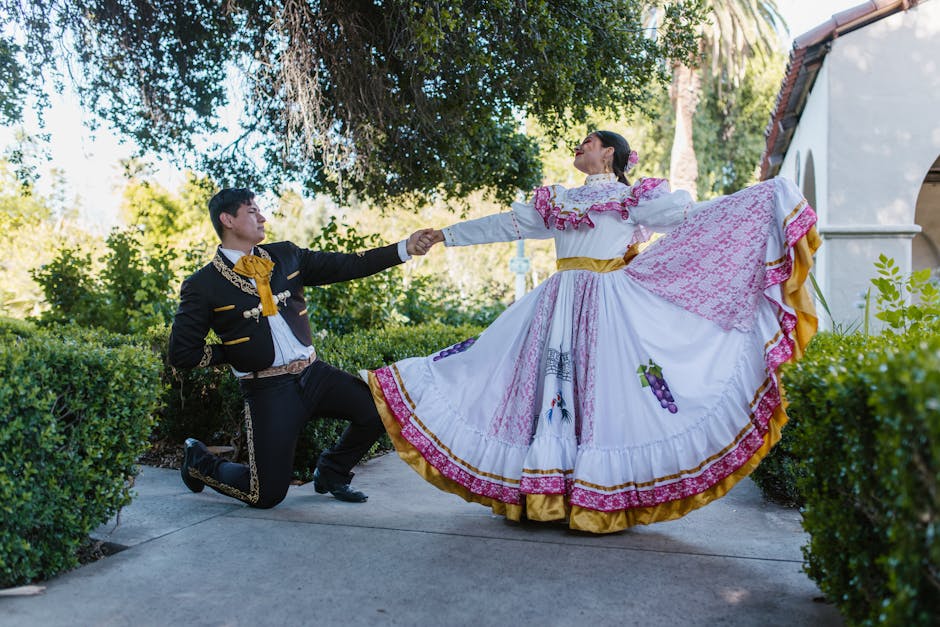
Cross Cultural Comparisons of Folkloric Traditions
Understanding Folkloric Traditions Across Cultures
Folkloric traditions are an essential part of cultural identity, encapsulating stories, rituals, and myths passed down through generations. Different societies develop unique ways of expressing their values, yet many share common themes that reflect universal human experiences.
For example, in many cultures, mythology and legends serve to explain natural phenomena, societal norms, or moral lessons. In Asian cultures, elaborate storytelling often revolves around ancestral spirits, while African traditions may emphasize oral storytelling through music and dance.
Similarities in Folkloric Themes
Despite geographical and cultural differences, some themes are remarkably similar. These include heroic journeys, nature and agricultural myths, and creation stories. These narratives often serve to reinforce community values and societal bonds.
Cultural Specificities in Folklore
While similarities exist, the way these traditions are expressed varies greatly. For instance, rituals and festivals associated with folklore can differ widely, reflecting local landscapes, beliefs, and history. Native American tribes celebrate vision quests, whereas European cultures may have elaborate harvest festivals.
Understanding these differences and similarities can enrich our appreciation of cultural diversity and enhance cross-cultural understanding. To explore specific examples, check out our case studies of folkloric traditions worldwide.
Next, learn about how contemporary societies preserve and adapt folkloric traditions in today’s globalized world.
Hidden-symbols-in-ancient-storytelling-rituals--
Surprising-ways-folklore-influences-modern-pop-culture--
Become-a-travel-insider:-must-visit-legendary-sites--
The-impact-of-traditional-music-on-mental-health--
Revolutionary-art-movements-inspired-by-cultural-legends--
Unexpected-origins-of-popular-holiday-customs
